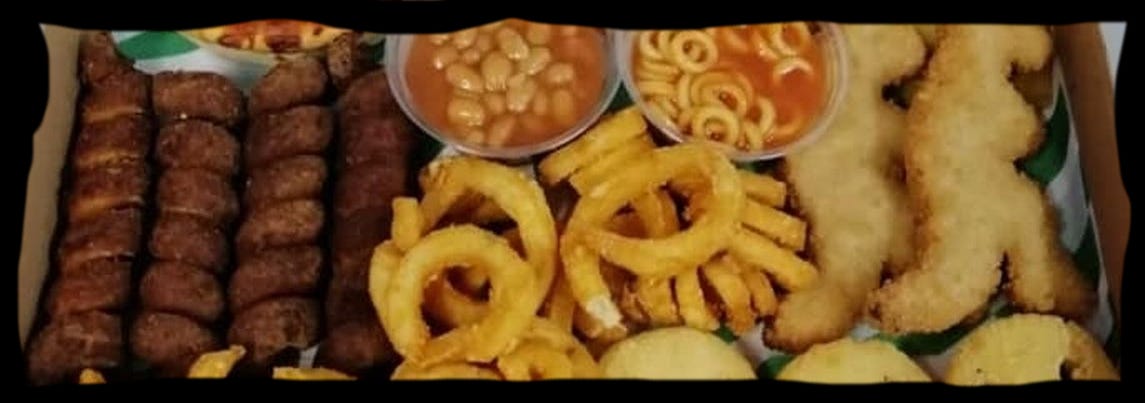On the Diet of the Poor
Lately I have begun spying into the carrier baskets and trolleys of fellow supermarket customers in order to determine which social class they belong to. I am left with little choice; nowadays there is almost no means by which we can distinguish the working class from the middle but by their eating habits.
Fresh produce, herbs and wine are almost always the contents of the middle class shopper’s basket, with breaded fowl, crisps and lager being the chief items on the working man or woman’s shopping list.
The money-conscious reader will notice that the contents of the middle class basket are significantly cheaper. Fresh vegetables and meat must be prepared and cooked, and this is something which only the middle class are prepared to do. The working man’s ready meal, on the other hand, requires only a microwave and a stubby finger to punch in the minutes — and he is willing to pay three times the price for this convenience.
Until lately, it was an unspoken truth that the British working class are unable to cook for themselves. But the “cost of living crisis” has forced conservative ministers to air this ugly truth in Parliament, suggesting that, rather than giving the poor more money to spend on Turkey Twizzlers and Pop, we ought to teach them how to dice an onion.
But this is a mistake. Gastronomic incompetence among the working class, almost exclusive to Anglophone countries, serves a useful and historical social function. The inability to cook is, and continues to be, not only an indicator of class, but a means by which we preserve class distinctions and organise the labour market.
As anyone with even a passing familiarity with nutrition knows, the quality of food we consume will have some effect on our cognitive processing skills. A diet rich in lentils, yoghurt, salmon and mangetout — the Ottolenghi diet — will provide greater cognitive-restorative properties than a working class diet consisting principally of biscuits and cheese sticks.
A well-nourished brain is one fit to perform the functions fitting of the middle class — teaching, surgery, data entry — while the working class brain, delicately retarded by sugary breakfast cereals and breadcrumbs, is more attuned to repetetive tasks like bricklaying, or operating a shop till.
In this way the capricious poor not only exclude themselves from economic independence by spending their excess income on treats, they also exile themselves from the cognitive realm in which they might even conceive of escaping it.
This is why economic decline may prove so dangerous to class relations. Should the poor, out of economic necessity, learn to cook as well as the middle class, they may find themselves with enough wits to crawl into the rungs of the lower middle class. Who, then, will be left to clean our toilets? Who, finding themselves with enough cognitive power to work as a Logistics Coordinator, will elect instead to serve muffins in Pret?
It is no accident that a cost of living crisis has been followed by an enormous labour shortage in the service industries. Efforts to teach the poor how to cook, while well-meaning, threaten to abolish the entire hierarchy of class. There are calls to levy a tax on “junk food”, but this is likely to further accelerate the abolition of the service class, and assimilate more of its members into the professional ranks.
What we ought to do is the opposite: Junk food should be heavily subsidised for those earning fewer than £26,000. Care packages of frozen dinners, flavoured yoghurt and cookies ought to be sent out to every council house in the country. School dinners in comprehensive schools in low-income catchment areas should consist largely of potatoes, pork and sweeties in order to produce the next generation of placid factory workers.
The best thing about these policies is that they will be enormously popular. Not among the middle class do-gooders, of course, who will see right through the whole façade, and insist that the working class have access to a nutritious diet.
But these criticisms are easy enough to sweep aside when you have the mass behind you. “They want to take away your chocolate, your crisps, your Chicago Town pizza,” we will say. “Are you going to let them get away with it?”
“No!” they will cry.





